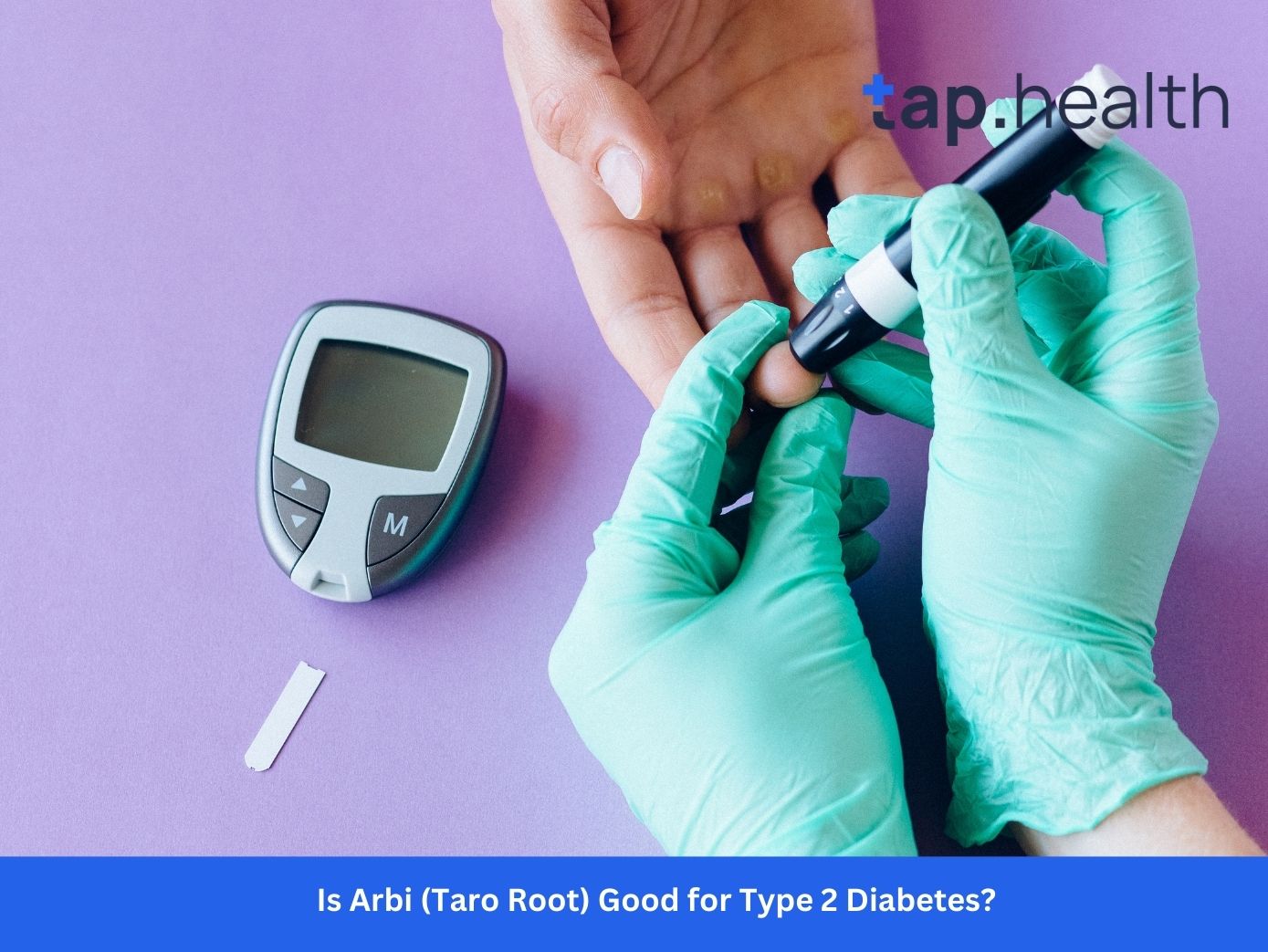Why Oral Health Matters for Diabetic Patients
Maintaining optimal oral health is essential for everyone, yet it holds heightened significance for individuals managing diabetes. Elevated blood sugar levels can exacerbate risks of gum disease, tooth decay, fungal infections, and dry mouth, creating a bidirectional relationship where poor dental care complicates diabetes management.
Understanding Diabetes Impact on Teeth and Gums
Diabetes influences oral cavities profoundly. High glucose fosters bacterial proliferation, leading to plaque accumulation and inflammation. Key concerns include:
- Gum Disease (Periodontitis and Gingivitis): Diabetics face doubled risk due to impaired healing and infection susceptibility.
- Tooth Decay and Cavities: Reduced saliva from hyperglycemia allows acid buildup.
- Dry Mouth (Xerostomia): Diminished saliva production heightens decay and infection chances.
- Fungal Infections like Thrush: Candida overgrowth thrives in sugary environments.
Research from the American Diabetes Association confirms poorly controlled diabetes triples severe periodontitis likelihood.
Real-Life Examples of Oral Health Challenges in Diabetes
John’s Gum Disease Battle: A 58-year-old with Type 2 diabetes neglected flossing, resulting in swollen, bleeding gums. Unstable blood sugar worsened progression until integrated management—better glucose control and biannual check-ups—halted advancement.
Emily’s Tooth Sensitivity Issue: A 35-year-old Type 1 diabetic experienced cold sensitivity from decay linked to dry mouth. Stabilizing blood sugar and switching to fluoride toothpaste resolved symptoms, highlighting hygiene-diabetes synergy.
Expert Insights on Diabetes and Oral Health Connection
Dr. Jane Morris, a seasoned dentist specializing in diabetic care, states: “Hyperglycemia cultivates oral bacteria, escalating gum disease and cavities. Dry mouth compounds risks. Diabetics must prioritize blood sugar stability alongside rigorous hygiene.”
She advocates frequent screenings: “Early detection via dental visits prevents escalation, tailoring interventions to diabetes-specific needs.”
Proven Strategies to Manage Blood Sugar and Prevent Gum Disease
Controlling glucose is foundational for oral protection.
- Monitor Blood Sugar Diligently: Regular testing identifies fluctuations impacting oral bacteria.
- Adopt Balanced Nutrition: Favor low-glycemic foods like vegetables and proteins to minimize spikes.
- Incorporate Exercise: Enhances insulin efficiency, reducing hyperglycemia-related dental risks.
- Adhere to Medications: Consistent insulin or oral agents maintain stability.
Studies in Diabetes Care Journal link A1C below 7% to 50% lower gum disease incidence.
Essential Oral Hygiene Practices for Diabetics
Elevated plaque in high-sugar states demands vigilance.
- Brush Twice Daily: Use fluoride toothpaste for two minutes, targeting all surfaces.
- Floss Every Day: Removes interdental debris; water flossers aid dexterity issues.
- Rinse with Antibacterial Mouthwash: Curbs plaque and halitosis prevalent in diabetics.
Importance of Regular Dental Check-Ups for Diabetic Patients
Biannual visits enable early intervention.
- Schedule at least twice yearly.
- Disclose diabetes status for customized care, including deeper cleanings if needed.
American Dental Association guidelines stress this prevents tooth loss from untreated periodontitis.
Combating Dry Mouth and Tooth Decay in Diabetes
Hydration counters xerostomia.
- Drink water frequently.
- Chew sugar-free gum to stimulate saliva.
- Use over-the-counter substitutes for persistent dryness.
Avoid sugary snacks exacerbating decay.
Addressing Fungal Infections and Overall Complications
Thrush signals poor control; antifungal rinses help. Integrated management reduces systemic inflammation, benefiting heart health per peer-reviewed data.
How Can TapHealth Help Manage Diabetes and Oral Health?
TapHealth offers innovative tools for seamless blood sugar tracking, personalized reminders for hygiene and check-ups, and AI-driven insights linking glucose trends to oral risks. By integrating diabetes management with dental alerts, it empowers users to prevent gum disease, dry mouth, and decay proactively.
Frequently Asked Questions
Q1: Why are diabetic patients more prone to gum disease? A1: High blood sugar promotes bacterial growth and plaque, causing inflammation and infection.
Q2: How can I prevent tooth decay as a diabetic? A2: Brush with fluoride, floss daily, control blood sugar, and limit sweets.
Q3: Can diabetes cause dry mouth? A3: Yes, hyperglycemia reduces saliva, increasing decay and infection risks.
Q4: How often should diabetics see a dentist? A4: At least twice yearly for early detection of issues.
Q5: What are the signs of gum disease in diabetics? A5: Bleeding gums, swelling, bad breath, and loose teeth.
Sources:
- American Diabetes Association – Oral Health and Diabetes
- American Dental Association – Diabetes and Oral Health
- National Institute of Dental and Craniofacial Research – Diabetes and Oral Health
By taking proactive steps to manage both your diabetes and oral health, you can enjoy better overall health and reduce the risk of complications. Regular monitoring, good hygiene practices, and consistent care can help



